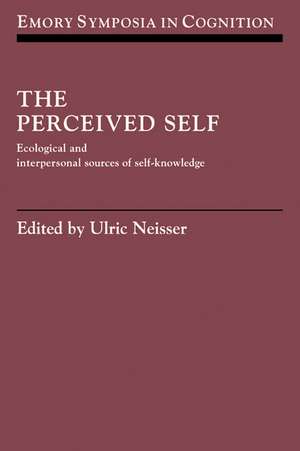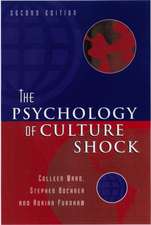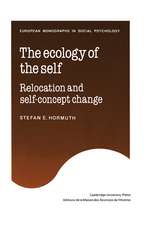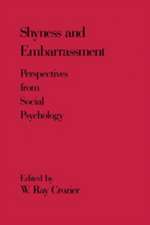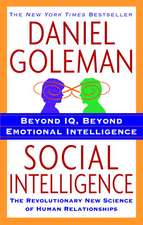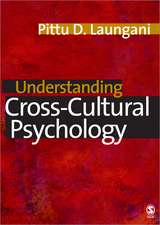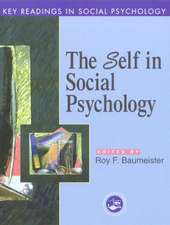The Perceived Self: Ecological and Interpersonal Sources of Self Knowledge: Emory Symposia in Cognition, cartea 5
Editat de Ulric Neisseren Limba Engleză Paperback – noi 2006
| Toate formatele și edițiile | Preț | Express |
|---|---|---|
| Paperback (1) | 240.43 lei 6-8 săpt. | |
| Cambridge University Press – noi 2006 | 240.43 lei 6-8 săpt. | |
| Hardback (1) | 845.26 lei 6-8 săpt. | |
| Cambridge University Press – 26 mai 1994 | 845.26 lei 6-8 săpt. |
Preț: 240.43 lei
Nou
Puncte Express: 361
Preț estimativ în valută:
46.01€ • 47.76$ • 38.37£
46.01€ • 47.76$ • 38.37£
Carte tipărită la comandă
Livrare economică 22 martie-05 aprilie
Preluare comenzi: 021 569.72.76
Specificații
ISBN-13: 9780521030403
ISBN-10: 0521030404
Pagini: 336
Ilustrații: 18 b/w illus.
Dimensiuni: 152 x 228 x 20 mm
Greutate: 0.49 kg
Editura: Cambridge University Press
Colecția Cambridge University Press
Seria Emory Symposia in Cognition
Locul publicării:New York, United States
ISBN-10: 0521030404
Pagini: 336
Ilustrații: 18 b/w illus.
Dimensiuni: 152 x 228 x 20 mm
Greutate: 0.49 kg
Editura: Cambridge University Press
Colecția Cambridge University Press
Seria Emory Symposia in Cognition
Locul publicării:New York, United States
Cuprins
Preface; List of contributors; Part I. Introduction: 1. The self perceived Ulric Neisser; Part II. The Concept of an Ecological Self: 2. Ontogenesis of the perceived self Eleanor J. Gibson; 3. Body-environment coupling David N. Lee; 4. A theory of representation-driven actions Marc Jeannerod; 5. The ecological self in historical context Franklin C. Shontz; 6. Good intentions and dancing moments: Agency, freedom and self-knowledge in dance Sondra Horton Fraleigh; 7. The primacy of the ecological self Marjorie Grene; Part III. The Interpersonal Self and Its Implications: 8. The self born in intersubjectivity: the psychology of an infant communicating Colwyn Trevarthen; 9. On the interpersonal origins of self-concept Michael Tomasello; 10. Infant's knowledge of self, other, and relationship Sandra Pipp; 11. The role of feelings for an interpersonal self Daniel N. Stern; 12. Spontaneous communication and foundation of the interpersonal self Ross Buck; 13. Autism, affordances and the self Katherine A. Loveland; 14. Through feeling and sight to self and symbol R. Peter Hobson; 15. G. H. Mead and Martin Buber on the interpersonal self James M. Gustafson; 16. Cognitive science, other minds, and the philosophy of dialogue and the egocentric predicament David Jopling; Author index; Subject index.
Descriere
An interesting theory of self, based on perception, is explored by a distinguished interdisciplinary group of scholars.
